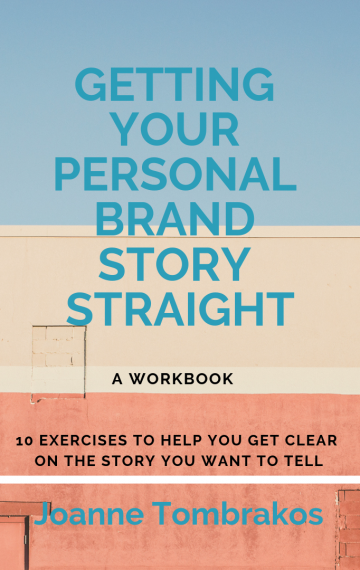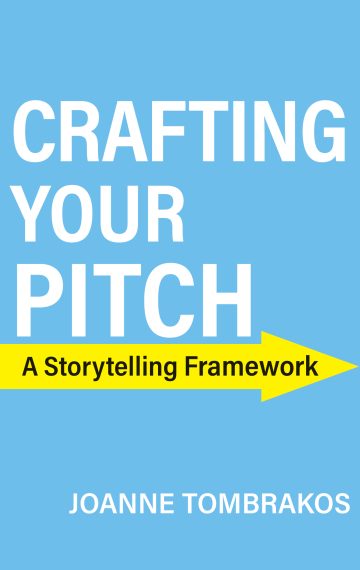Before Google when people wanted to search for businesses, there was this thing called the Yellow Pages. For those reading who don’t remember, it was a big thick book that along with providing listings of all the businesses in your geographic location could substitute as a doorstop.
Their marketing slogan which was launched in 1962 and lasted until the late 1990s was “Let your fingers do the walking.” It was clever, catchy, and in six simple words conveyed the essence of their story. It was also a great place to advertise. In much the way a search on Google signals intent to buy so did letting those fingers do the walking. In other words, your chances of reaching a consumer close to purchase were higher than a 30-second commercial on broadcast television.
What the slogan did not imply was to let those fingers do the thinking. It was a good tool – but a tool nonetheless, one that required using our cognitive skills.
Thinking Is An Underrated Soft Skill
I often tell my students that if they want to stand out from the crowd they need to take a moment to pause and think because most people don’t. And now we stand on the precipice of a new world order in which LLMs (Large Language Models) like ChatGPT, Gemini, and Perplexity want to do the thinking for us.
The powers behind all this technology want us to believe it’s all good but it’s not. The owners of the platforms are lobbying to prevent any legislation that puts boundaries or liability around what they can and can’t do regarding AI and have managed to get Congress to give them a ten-year waiver in the “big, beautiful bill” sitting in Congress. What that will look like after the Senate gets through with it is anyone’s guess. What is not as big a guess is what these LLMs will do to our brains.
Your Brain On ChatGPT
I really did not need a study to tell me that using LLMs like ChatGPT can affect our cognitive ability. I have always been an observer of human behavior plus I read a lot. And I think. But I am always happy when data supports what I already knew – that technology is not just disrupting our social skills (read: Jonathan Haidt), it is also affecting our cognitive ones.
This week MIT released a study that did just that, Your Brain on ChatGPT: Accumulation of Cognitive Debt when Using an AI Assistant for Essay Writing Task.
There is a lot of technical stuff in the paper that researchers and data analysts salivate over. If that is your thing – do read. If it’s not the main thrust of what they found is that the more we let LLMs think for us, the less we have the ability to think for ourselves. Like any skill that is not practiced and honed, it gets rusty from non-use.
Our Cognitive Skills Make Us Question
I use Claude a lot. Claude helps me out of creative slumps and often offers good insight into a project I am working on. But not always. Sometimes Claude is wrong.
I encourage my students to hone their AI skills. These LLMs should act as their assistant so they do better work, get outside feedback, research, and think more deeply and critically. The fact is if AI can do the job all by itself, they won’t have one.
I use Perplexity as well. I like it better than Google for search. But it too makes mistakes. When I was searching to get information as to exactly when the Yellow Pages went from print to online everything it initially gave me referred to the UK version which has now become yell.com with the US version and what is now the yellowpages.com. I knew enough to keep asking questions so I could get the facts I needed – but what about the person who doesn’t have the same frame of reference? Do they accept what they got as fact?
Maybe it’s time for us to all pause and think
Tools have always helped us to get the information we need whether it was the Yellow Pages, a research library, or a Google search. But they are tools. Not substitutes for humanity.
Perhaps this moment calls for us all to pause and think about how we want to use this technology – while we all still have the ability to think for ourselves.
This article was originally published on Does This Make Sense? on Substack. Subscribe for free.



Leave a Reply